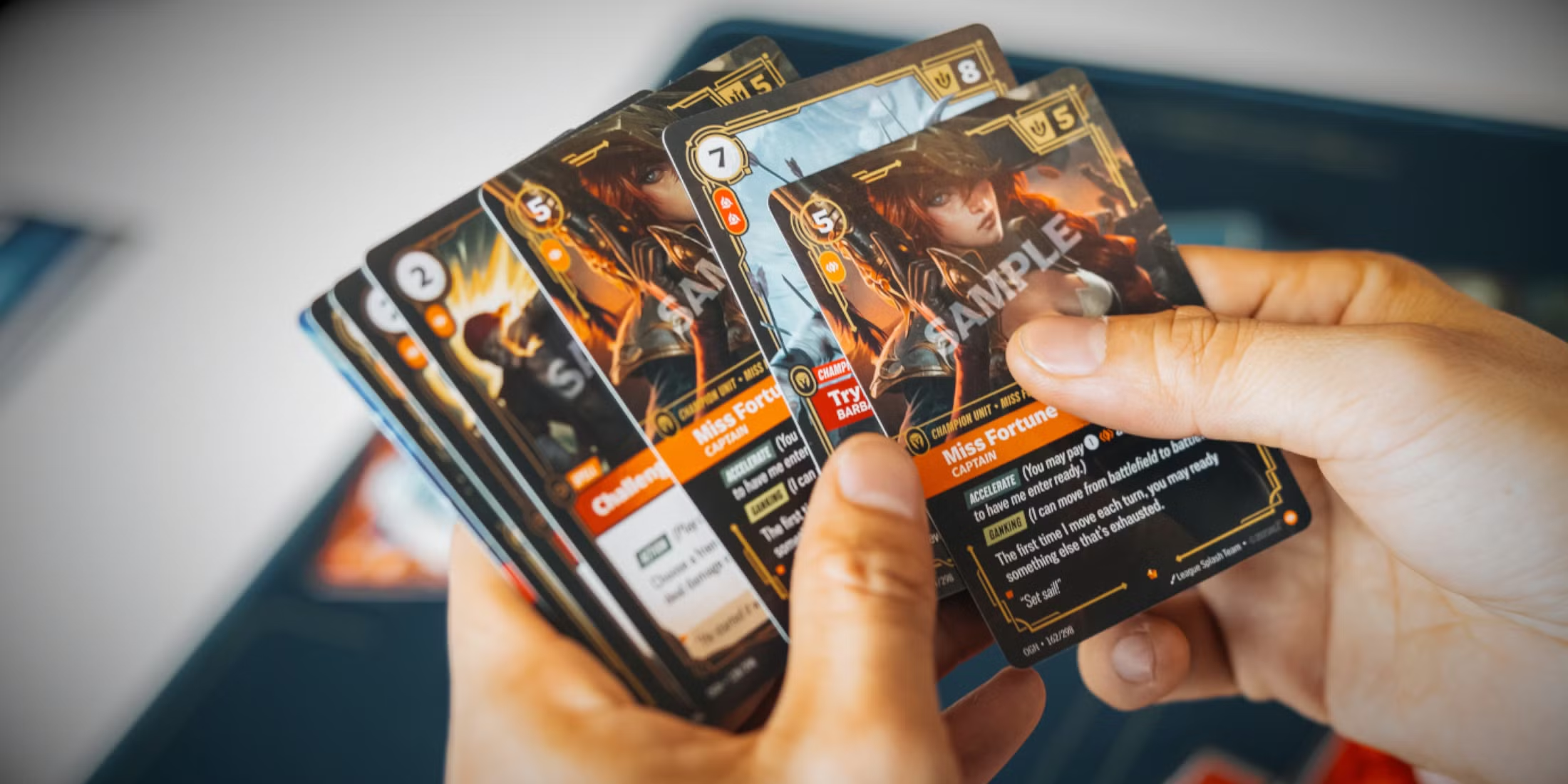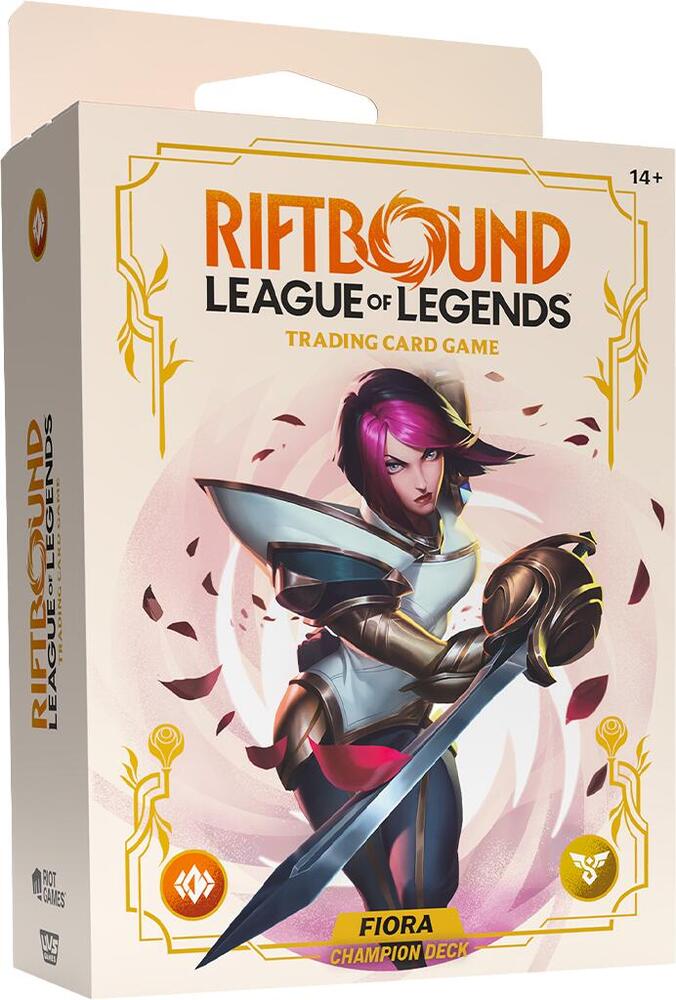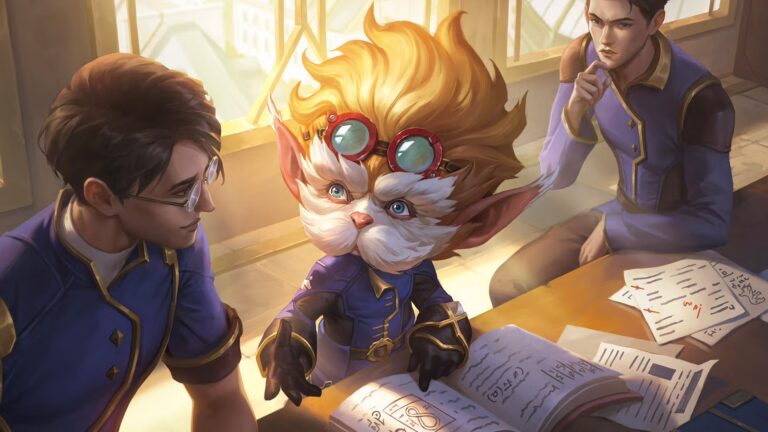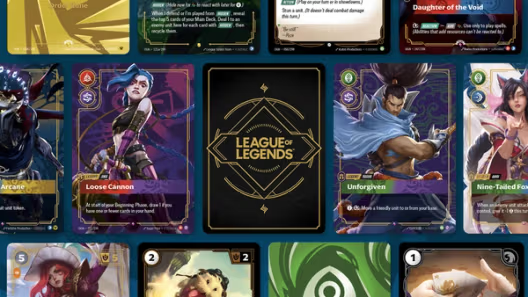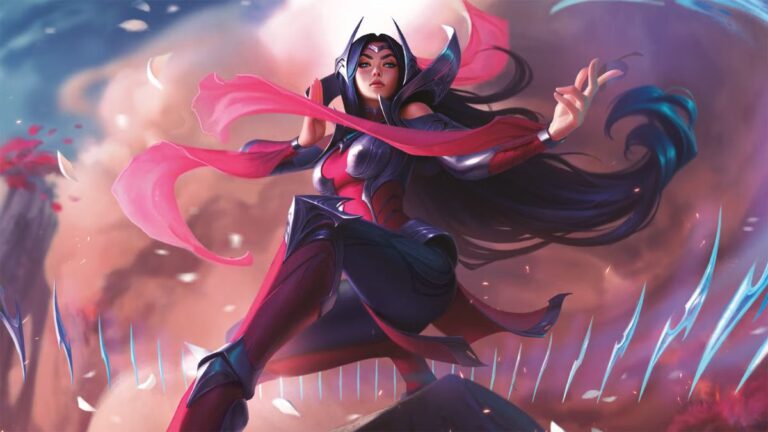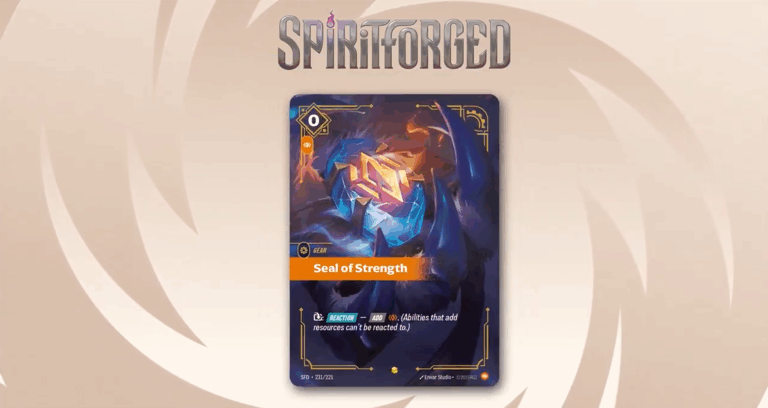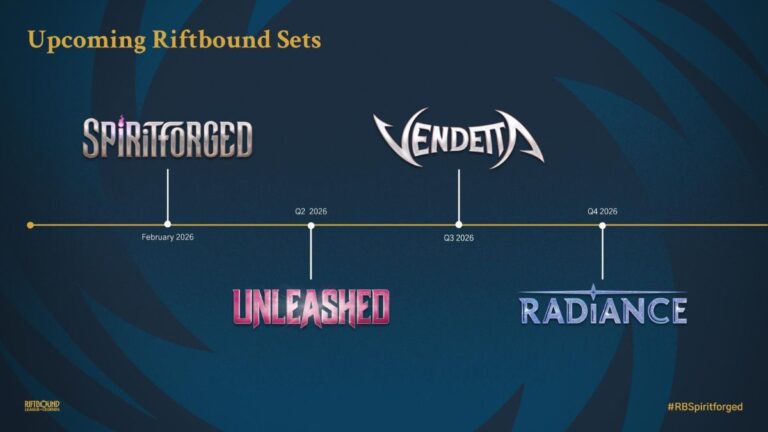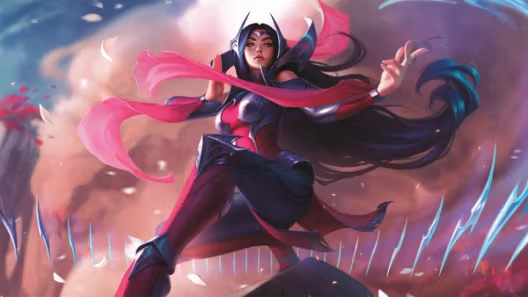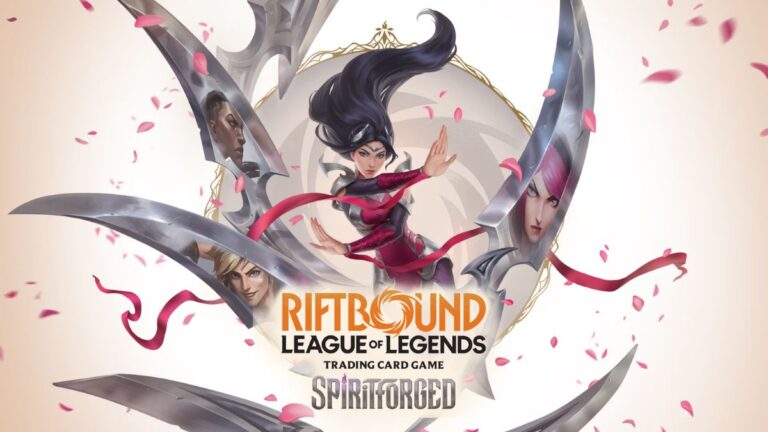Contents
As with any card game, Riftbound is one of many different ways to play. Even before release, Riot Games has given us full details about the different formats of Riftbound, and how each one works on a casual and competitive basis; with 1v1 Constructed seeming to be Riot's default choice for more competitive formats.
But, with it being such a new game and with so many question marks to consider going forward, keeping up can be a nightmare. Especially with Riot putting a lot of the details in the long exhaustive Tournament Rules, there's a lot to talk about, and a lot that might not be obvious at first glance.
In this article, we're going to go over the formats of Riftbound, and how Riot is handling things such as standard rotation and banlists. We'll talk about the details of multiplayer formats too, and the more casual ways to play the game, so as not to miss out on a massive part of the Riftbound experience.
Riftbound Formats: What To Expect in October
Riftbound is designed to be played in a modular way, taking from social formats like Magic's Commander and combining it with the competitive 1v1 that we all know and love. With this, a game of Riftbound can be played in both 1v1 and multiplayer, with minimal adjustments to the actual gameplay and rules.
However, outside of the Casual space, it seems as though Riftbound will generally be played 1v1 on any competitive level. So, if you're looking to take the spotlight and challenge for a place at Worlds, you'll be incredibly interested in the 1v1 space, and all of the developments regarding the wider Standard format, banlist, and other things that Riot have been telling us this week regarding the rules around formats.
Constructed
In Constructed, players will battle with decks consisting of 40 cards (and a limit of 3 copies of a unique card), 1 Legend, 3 Battlefields, and 12 Runes. Each Constructed format has the same deck construction rules, and differences will only depend on set legality.
In best-of-three formats, you'll be allowed an 8-card sideboard which you can switch cards in and out of between the three games. You can only have a sideboard of exactly Zero or Eight cards and none in between, and the sideboard must adhere to standard deckbuilding constraints (such as three unique copies, etc).
Modes of Play
1v1 (Duel or Match)
1v1 is the premier competitive format, and the way Riftbound seems like it'll generally be played at a non-kitchen table level. This is as it says, one player versus another, and is the way that most players will be learning how to play Riftbound.
Both in competitive and on the casual store level, 1v1 will be Best-of-Three, and for each game you'll choose one of your three battlefields. With this, there will be no differences in deck construction between competitive and normal 1v1 (other than the inclusion of an 8-card Sideboard for Best of Three). In a game of casual Best-of-One, each player chooses a random battlefield.
Free-for-All: FFA3 (Skirmish) and FFA4 (War)
Free-for-all is a multiplayer way to play Riftbound, and is essentially the 'every person for themselves' way of playing. When it comes to combat, there's not much difference except for having to defend your holds or attack against multiple players.
In both FFA formats, there are three battlefields used. In Skirmish, you just use one random battlefield from each player, whereas in War, the player going first doesn't select a random battlefield at the start of the game. Also, only the player going last will channel an extra rune, and the player going first won't draw a card on their first draw phase.
2v2 (Magma Chamber)
2v2, also known as 'Two Headed Giant' in other spaces, is a game where you and a teammate take on another team. In this, the score limit is first to 11 between the team, and there are three battlefields to control (the first player's battlefield is removed).
Players can play spells during their teammate's turn, and the turn order alternates between teams. So, first player will play, then an opponent, then that first player's teammate, then the second opponent.
Interestingly, the final point system is also different. A player must score each battlefield in the same turn to get the final point through conquer, except any that was occupied by an ally during that turn's beginning phase. This means that you'll essentially need to conquer any battlefield your team doesn't control.
Formats
Standard
Standard is the name of a wider legality of Constructed Riftbound, and is the main Constructed format. This means that, at the start, all of the cards in Riftbound will be legal in the Standard format, and the other formats will fall under its umbrella when determining legality.
However, as expected, the Standard format in Riftbound will have a rotation of two years. This means from the release of set 2 in 2026, any sets from that year will be in Standard for two years (2028), and will rotate out of the format at that point. Origins is slightly different, and will rotate with the 2026 sets, but otherwise set rotation will take place at the start of the Calendar year (with the first released set of that year).
On top of this, Standard will have a banlist if necessary. Officially, Riot has stated:
While the Riftbound team is composed of some of the best designers and competitive card game players, we know there are orders of magnitude more players ready to push cards to the absolute limits. We will always strive to create a healthy and balanced competitive environment, but we understand the possibility that our metagame can end up in a place we didn't envision or desire.
All of this is to say: we would never use bannings as a tool to shake up the metagame for its own sake, but rather to correct extreme circumstances that we felt were to the detriment of the overall health and fun of the game.
This is as we can expect, as no card game actively wants to ban cards out of the game. But, if need be, Riot is ready to take action to ensure the game stays fun and competitively healthy, which will be important to the longevity of the game and ensuring that it stays competitively relevant in the long run.
"Eternal" Format
Right now, Riot has zero indication that there are going to be any constructed formats outside of Standard. But, this is par the course, as the game isn't even out and so thinking about an Eternal format wouldn't really be that important until we hit the first couple of rotations.
With this, it's very possible that Riftbound develops an eternal format with no rotation/eternal legality in the future. It's just too early to even speculate about that, currently.
Limited
Sealed
Sealed is interesting in Riftbound. Essentially:
- 6 Packs.
- 3 domains.
- Exactly 25 card decks
- Signature spells only need to be within your domain identity, and not champion type.
- Chosen champion doesn't have to match legend (if you have one).
- No need for a Chosen Champion or a Champion Legend if you don't have one.
- Limited sideboard is rest of your cardpool
- Three battlefields are required; if you don't have three (or don't want to use them, you can use a facedown card as a 'blank battlefield'.
- Runes aren't required to be opened to play.
- Card quantity limits don't apply.
- Otherwise, decks must meet the requirements that a normal constructed deck needs to meet.
With this, it seems as though Riot are expecting not every player to have a Champion Legend or even a Chosen Champion, and so Sealed could end up playing incredibly differently to its Constructed counterpart. Also, with the addition of a third domain, a lot of combinations are possible in Sealed that aren't in Constructed.
Booster Draft
As of currently, Riftbound's rules do not mention any kind of booster draft format. This is unfortunate, but could change down the line past Origins, and so we'll have to wait and see as to what Riot are cooking for later sets.
Closing Time
With this, there's a lot to look forward to with Riftbound when it comes to formats and modes of play, as well as a lot of untapped potential for the future of the game. With a standard rotation in place, and ways to be able to play both in the 1v1 mindset and also socially, Riftbound is looking to be a game to take seriously.
If you're excited about Riftbound and want to keep up-to-date, check out RIftbound.gg, our site that'll have tons of Riftbound content as we get to the launch around the world. From metagame and tournament information, to other important info as Riftbound becomes fully fledged, we're here along the way.
In any case, thank you for your time, and I'll see you on the rift.

